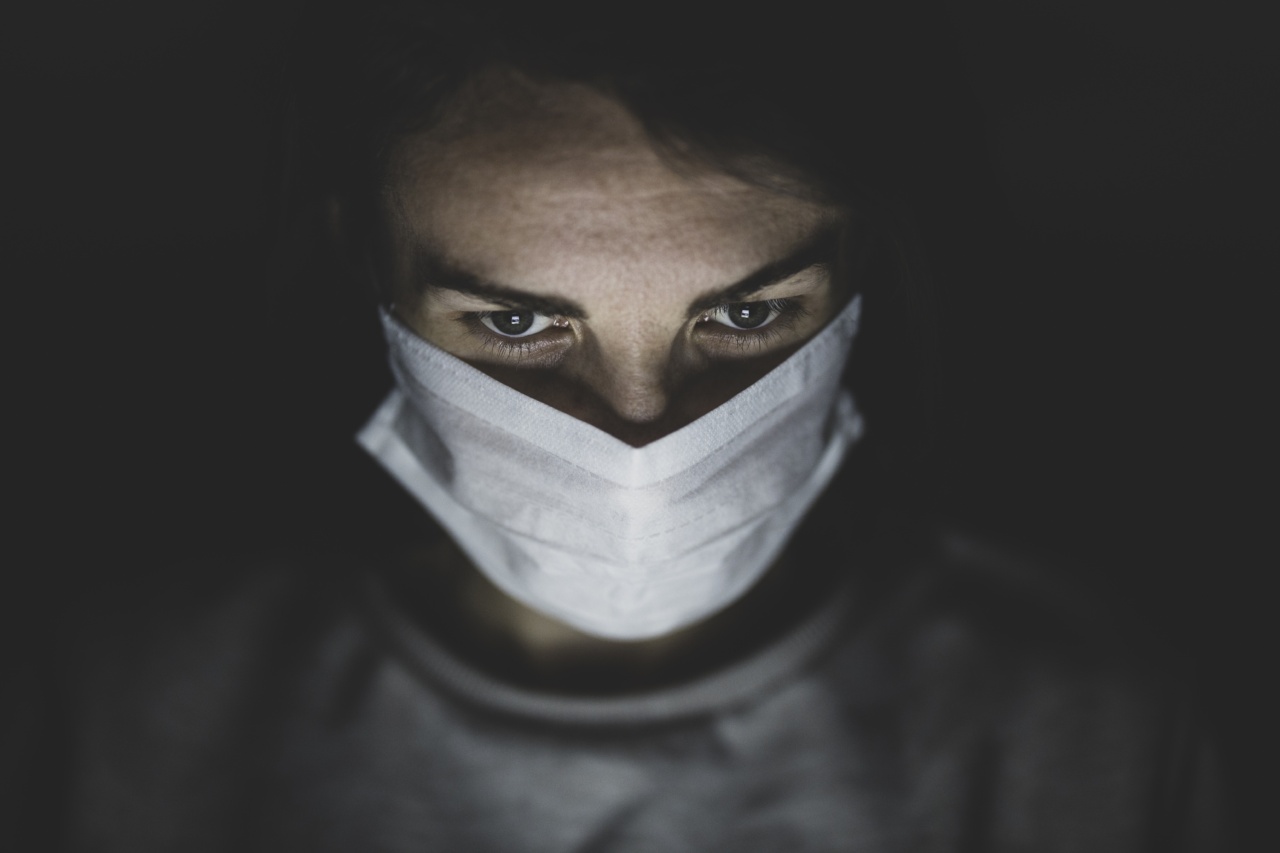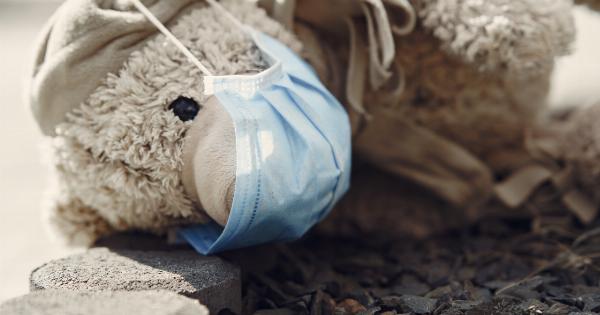Chlamydia is a common sexually transmitted disease (STD). It is caused by a bacterium called Chlamydia trachomatis, which can infect both men and women. Chlamydia is usually spread through vaginal, anal, or oral sex with an infected person.
It can also be spread from an infected mother to her baby during childbirth.
How chlamydia spreads
Chlamydia is highly contagious and can spread easily from one person to another. The bacterium that causes chlamydia can be passed from infected sexual partners during vaginal, anal, or oral sex.
It can also be transmitted from mother to baby if the mother is infected during pregnancy.
Chlamydia can also be spread if a person comes in contact with infected genital fluids or if they touch an infected area and then touch their eyes, mouth, or nose.
The disease can also be spread through sharing sex toys that have not been washed or treated properly.
Symptoms of chlamydia
Many people with chlamydia may not experience any symptoms. In fact, approximately 75% of infected women and 50% of infected men have no symptoms. This is why chlamydia is often referred to as a “silent” infection.
However, even without symptoms, chlamydia can cause serious health complications.
When chlamydia symptoms do occur, they can vary depending on the affected area. In women, symptoms may include:.
- Painful urination
- Vaginal discharge
- Pain during sexual intercourse
- Lower abdominal pain
- Bleeding after sex
In men, chlamydia symptoms may include:.
- Painful urination
- Penile discharge
- Pain or swelling of the testicles
Chlamydia diagnosis
If you think you may have been exposed to chlamydia, it is important to get tested. Your doctor may perform a physical exam and order a lab test to check for chlamydia.
The most common and accurate test involves taking a swab of your genital area and sending it to a lab for analysis.
It is recommended that sexually active women under the age of 25, as well as anyone with new or multiple sexual partners, get tested regularly for chlamydia and other STDs.
Chlamydia treatment
Chlamydia is easily treated with antibiotics. Your doctor may prescribe a single dose or a longer course of antibiotics depending on the severity of the infection.
Taking the full course of antibiotics as prescribed is important in order to completely clear the infection and prevent complications.
If you are diagnosed with chlamydia, it is important to inform your sexual partners so that they can also get tested and treated. You should abstain from sex until both you and your partner have completed treatment.
Complications of chlamydia
Left untreated, chlamydia can cause serious health complications. In women, untreated chlamydia can lead to pelvic inflammatory disease (PID), which can cause infertility, chronic pelvic pain, and ectopic pregnancy.
In men, chlamydia can cause epididymitis, which can lead to sterility. Chlamydia can also increase the risk of contracting and transmitting other STDs such as HIV.
Preventing chlamydia
The best way to prevent chlamydia and other STDs is to practice safe sex. This means using a condom every time you have sex, including vaginal, anal, and oral sex.
You should also get tested for STDs regularly, especially if you have new or multiple sexual partners.
If you are sexually active, it is important to have open and honest communication with your sexual partner(s) about your sexual history and any concerns you may have about STDs.
Together, you can make informed decisions about how to protect yourselves from infection.
Conclusion
Chlamydia is a common sexually transmitted disease that can cause serious health complications if left untreated. It is important to get tested regularly and practice safe sex to prevent the spread of chlamydia and other STDs.
If you think you may have been exposed to chlamydia or another STD, talk to your doctor about getting tested and treated.


























